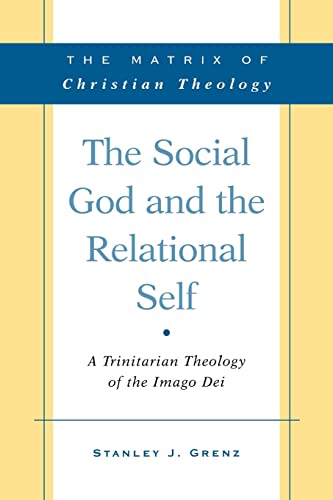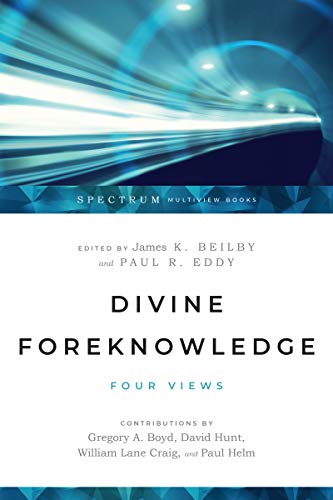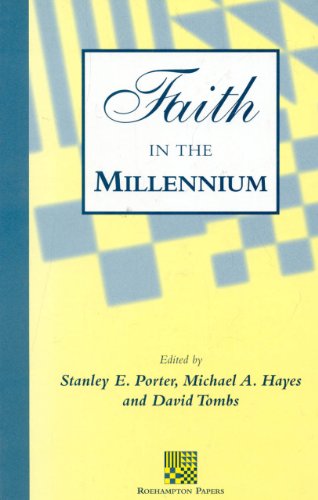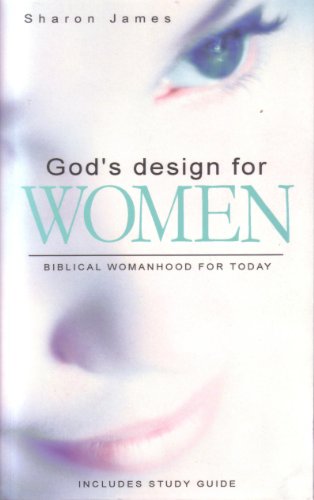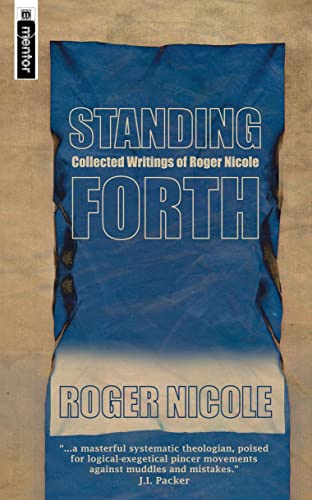THE SOCIAL GOD AND THE RELATIONAL SELF. A TRINITARIAN THEOLOGY OF THE IMAGO DEI. THE MATRIX OF CHRISTIAN THEOLOGY 1
Written by Stanley J. Grenz Reviewed By Randal RauserLeading North American theologian, Stanley Grenz has recently undertaken the formidable task of engaging the central foci of systematic theology within a postmodern context. The first instalment in the series is The Social God and the Relational Self, an ambitious study which seeks to develop a social trinitarian foundation for anthropology in light of the postmodern loss of the self. The book is divided into three parts. Part One begins with a summary of the movement within trinitarian theology from emphasising the one subject to the three persons. After the retrieval of the Trinity, Grenz then chronicles the dissolution of the modern self traced through two historical trajectories—Augustine’s ‘centred self’ and Montaigne’s autobiographical self. Grenz accepts the postmodern conclusion that the substantial self is untenable, and so turns to the task of re-establishing the self, beginning in Part Two with an in-depth exegetical study of the term ‘image of God’. As one might expect, the traditional substantialist interpretation receives short shrift. By contrast, the relational concept is deemed much more promising, though ultimately it should be understood as communion. This qualification points to the determinative NT understanding of the image, rooted in Jesus Christ, and the eschatological hope that we will, as a corporate reality, be made into his image. And this represents an entry into the divine triune life of communion. Part Three takes this theological fruit and brings it back to the postmodern dilemma by agreeing that the self is not substantially existent, but emphasising that it will emerge eschatologically in the community patterned on the divine life of communion.
This is an impressive work by one of the leading evangelical theologians of today, and it promises to become a touchstone in anthropological discussion for years to come. The breadth and depth of research is dizzying, as Grenz engages with biblical interpretation, historical and contemporary theological debate, and broader cultural trends, particularly within psychology and sociology. However, given the scope of the thesis, it is not surprising that the work will still fail to satisfy many. Postmodernists will likely find Grenz’s claim to an eschatological, communal self repugnant if it is understood, as Christian theology would require, in terms of a ‘meta-narrative’. On the other hand, many (myself included) will be sceptical of the very postmodern challenge on which this book is predicated. To begin with, Grenz follows many recent theologians in rejecting substance metaphysics, but so far as I can see, his reasons for doing so, and thus the very claim that the substantial self is lost, are far from compelling. Within this context, Grenz’s dismissal of the soul, traditionally a fundamental anthropological category, appears more a meeting of the current theological vogue than a theological requirement (the omission is especially glaring given the importance of the soul in much contemporary philosophy of religion). Consequently, many fundamental issues are left unclear on Grenz’s thesis. Given that ‘image of God’ and ‘person’ are closely intertwined concepts, does arguing that persons only exist eschatologically entail that Christians are, to borrow a term from bioethics, now only potentialpersons? And are those who never become Christians thus not even potential persons? This is counterintuitive to say the least and suggests the place for a substantial understanding of image. My second complaint centres on Grenz’s fundamental espousal of social trinitarianism. I find his arguments against a western Augustinian conception weak and consequently the invocation of social trinitarianism questionable at best. Nonetheless, Grenz’s presentation of this position is serious and must be contended with by all those interested in anthropology, trinitarian theology, and the essential interface of theology and culture.
Randal Rauser
Caronport, SK, Canada


